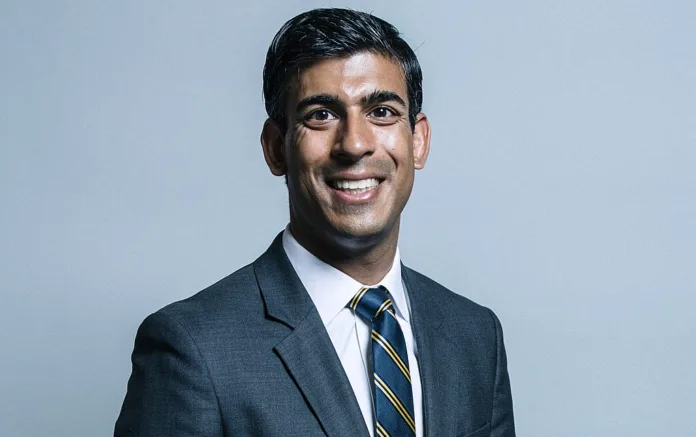Speculation mounts over the timing of the UK’s next general election, with Prime Minister Rishi Sunak hinting at a late 2024 date
As the UK braces for its next general election, speculation is rife about the timing of this pivotal political event. Prime Minister Rishi Sunak recently hinted that the nation could head to the polls “in the second half” of 2024, sparking discussions among political commentators and the public alike.
When Will the Next General Election Be Held?
Under current legislation, the latest date for dissolving Parliament and calling a general election is set for 17 December 2024, five years after Parliament first convened. This timeline allows for a 25-day preparation period for the election, positioning the next possible election date by 28 January 2025 at the latest.
Who Decides the Election Date?
Historically, the power to decide the election date rested with the Prime Minister. However, this changed in 2011 when legislation transferred this authority to the House of Commons, requiring a two-thirds majority for calling an early election. The Dissolution and Calling of Parliament Act 2022, however, reversed this change, reinstating the Prime Minister’s ability to call an election within the five-year term.
Prime Minister Sunak’s Position
Despite recent by-election defeats, Prime Minister Rishi Sunak has indicated a general election could occur in the latter half of 2024. This statement comes amidst significant losses for the Conservatives, including defeats in Wellingborough and Kingswood, and a substantial drop in the Conservative vote in the Rochdale by-election, according to political pollster Sir John Curtice.
How Is a General Election Called?
The Prime Minister formally requests the King to dissolve Parliament, leading to an election typically held 25 days later. This marks the start of the pre-election period, during which ministerial and departmental activities are restricted to ensure a fair campaign.
The Election Process Explained
The UK is divided into 650 constituencies, each electing an MP to represent them in the House of Commons. Voters choose their preferred candidate at their local polling station, or through postal votes in advance. The election operates under a “first past the post” system, where the candidate with the most votes in each constituency wins.
After the votes are counted, the King invites the leader of the majority party to form a government. If no party secures a majority, resulting in a hung Parliament, the largest party may form a coalition government or operate as a minority government.
Who Can Vote?
Eligible voters include British citizens, qualifying Commonwealth citizens, and Republic of Ireland citizens residing in the UK. Recently, legislation extended voting rights to all UK citizens living abroad who were previously registered to vote in the UK. Voters must be at least 18 years old on polling day and not legally excluded from voting.
The Road Ahead
As the UK inches closer to its next general election, the political landscape remains fraught with anticipation. With Prime Minister Sunak’s recent comments and the unfolding political dynamics, the nation watches closely as it prepares for another significant democratic exercise.
